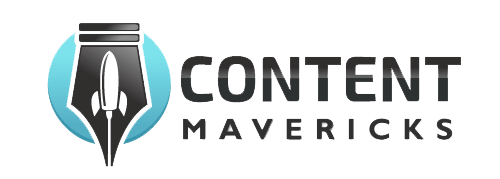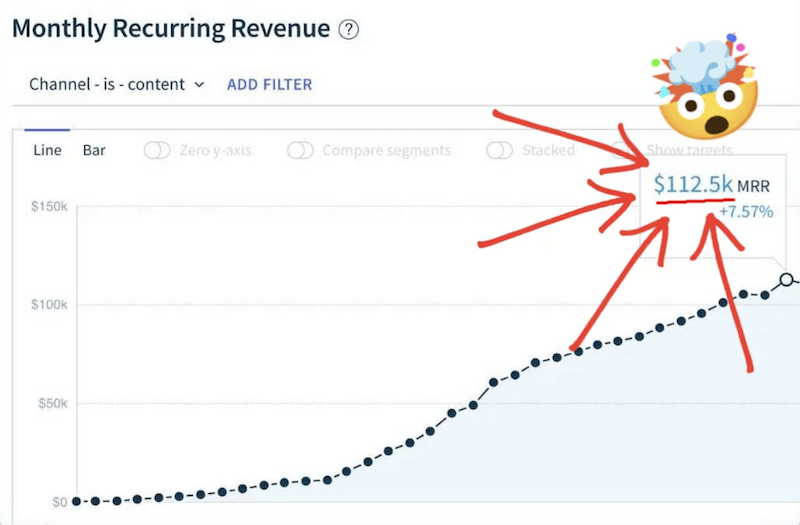Today there are 78 different government ERPs. We spent 112 hours comparing the top 50 to find the seven best you can use to manage and organize your government, non-profit, or publication sector organization.
What is the Best Government ERP?
- NetSuite — best of the best
- Sage Intacct — for public sector organizations
- Deltek Costpoint — for government contractors
- Workday — for human capital management
- SAP S/4HANA — for large government agencies
- Unit4 — best for nonprofits
- Infor — best for accounting
1. NetSuite
Our Verdict — Best Of The Best
Price: Custom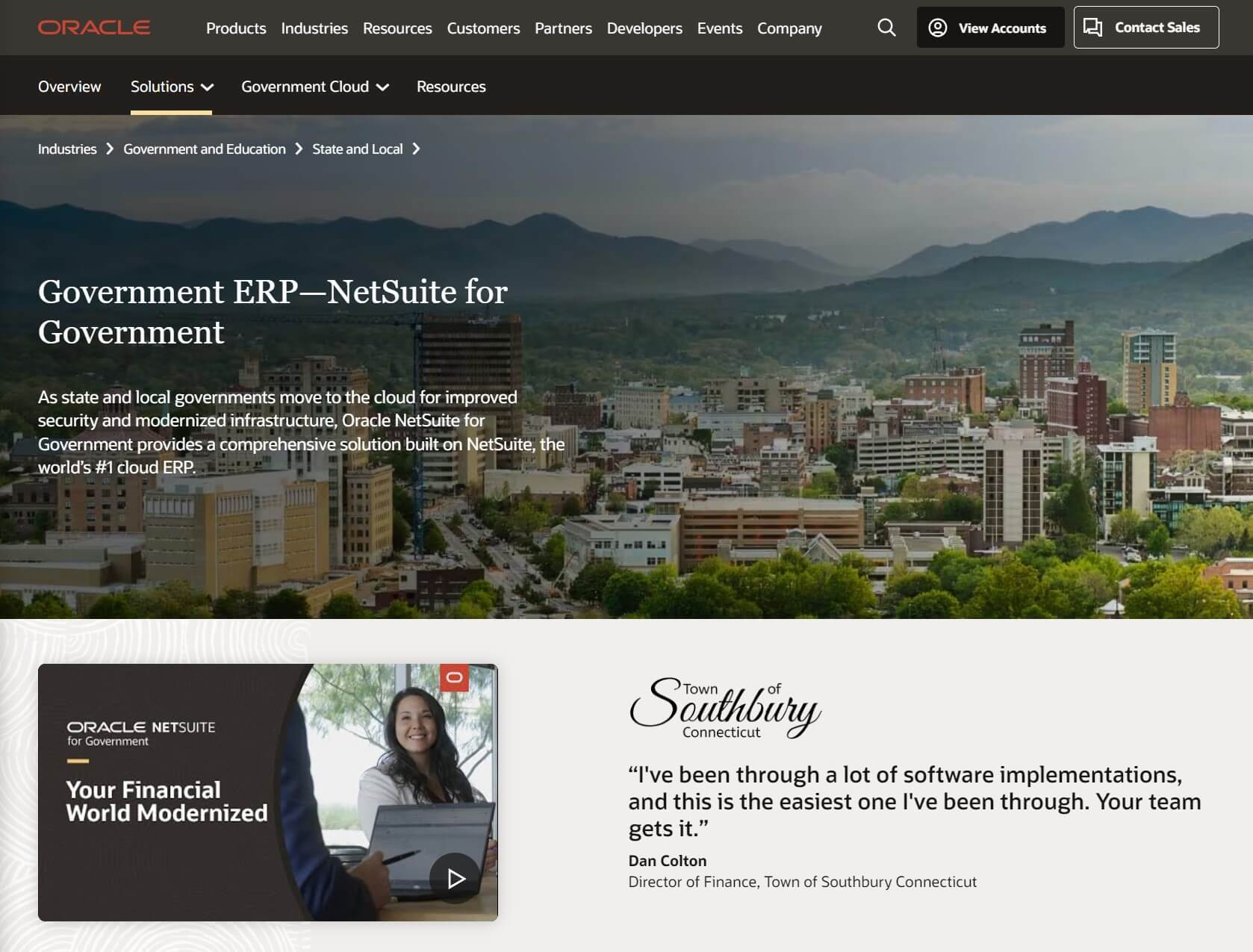
NetSuite is a comprehensive, cloud-based ERP solution that’s perfect for government organizations. We think it’s the best because of its customizability, comprehensive financial management, and efficient project management capabilities.
The Best Part:
Highly scalable. NetSuite is designed to grow along with your organization. It’s easy to adapt to it as you take on new, bigger projects.
The Worst Part:
Steep learning curve. With its laborious implementation and maintenance, NetSuite can be challenging for organizations to get the hang of, at first.
Get it if you want a scalable, cloud-based ERP solution that seamlessly integrates with all your current tech stack.
I recommend you start by booking a free product demo.
(free demo)
Best For
NetSuite is best for government organizations seeking a scalable ERP solution to streamline and manage operations.
Top Features
- Stop juggling spreadsheets. Keep your government organization’s books shipshape with NetSuite’s automated accounting, budgeting, and finance tools.
- Limitless customization. Tailor every functionality in NetSuite to meet your unique requirements, workflows, and regulations.
- Compliance done right. Stay in line with GASB reporting and government requirements with NetSuite’s built-in compliance features.
- Enhanced government-to-citizen interactions. Deliver smarter and better services to citizens, and easily manage their requests using NetSuite’s customer relationship management portal.
- Budget planning and monitoring. Control, manage, and forecast your organization’s budget like a pro, with NetSuite’s sophisticated reporting, modeling, and what-if scenarios.
Pricing
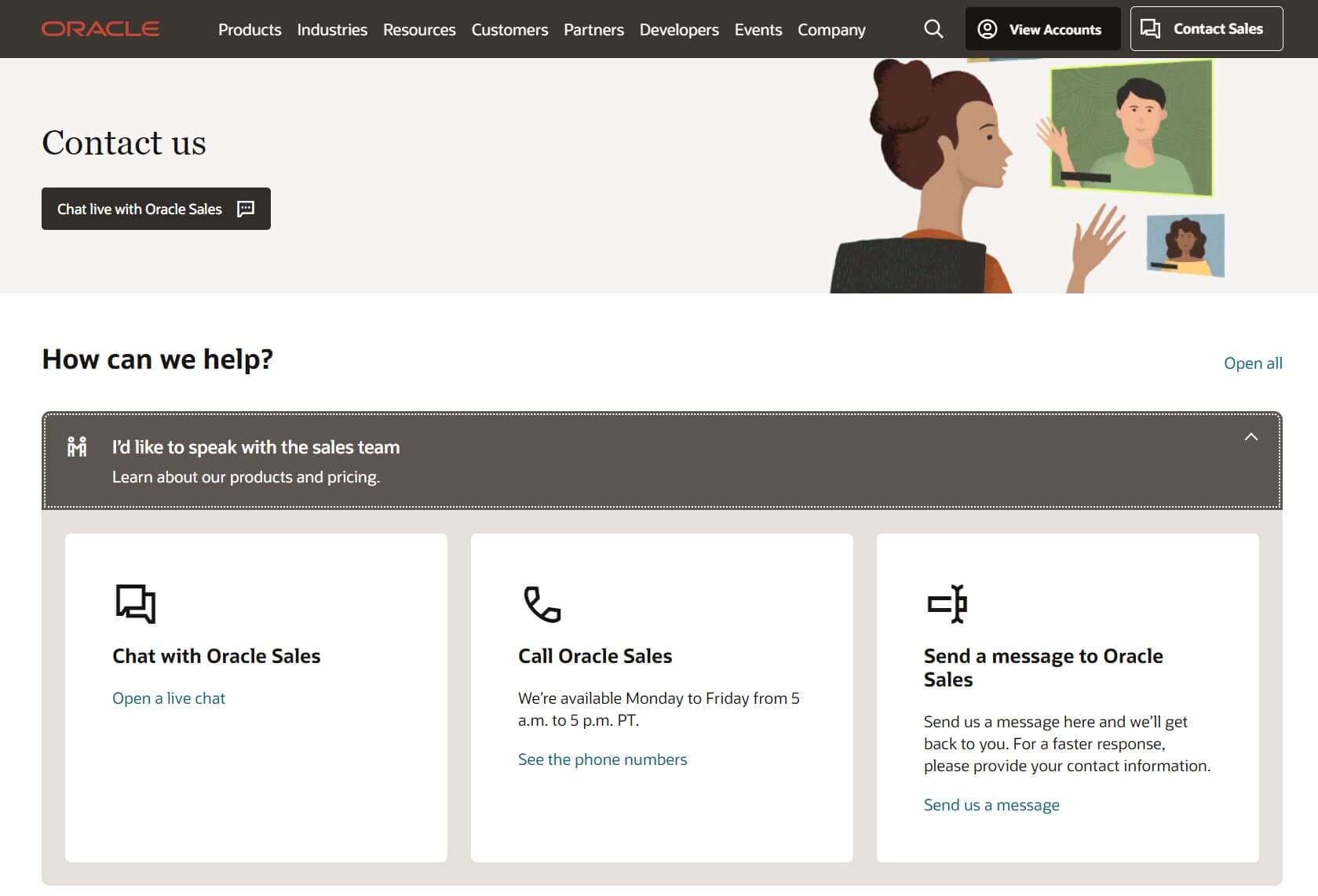
NetSuite offers a single pricing plan:
Custom pricing: Monthly plan, for government organizations that need a comprehensive ERP to easily track and manage governmental finances, assets, and projects.
Try NetSuite today with a free demo.
2. Sage Intacct
Our Verdict — Best For Public Sector Organizations
Price: Custom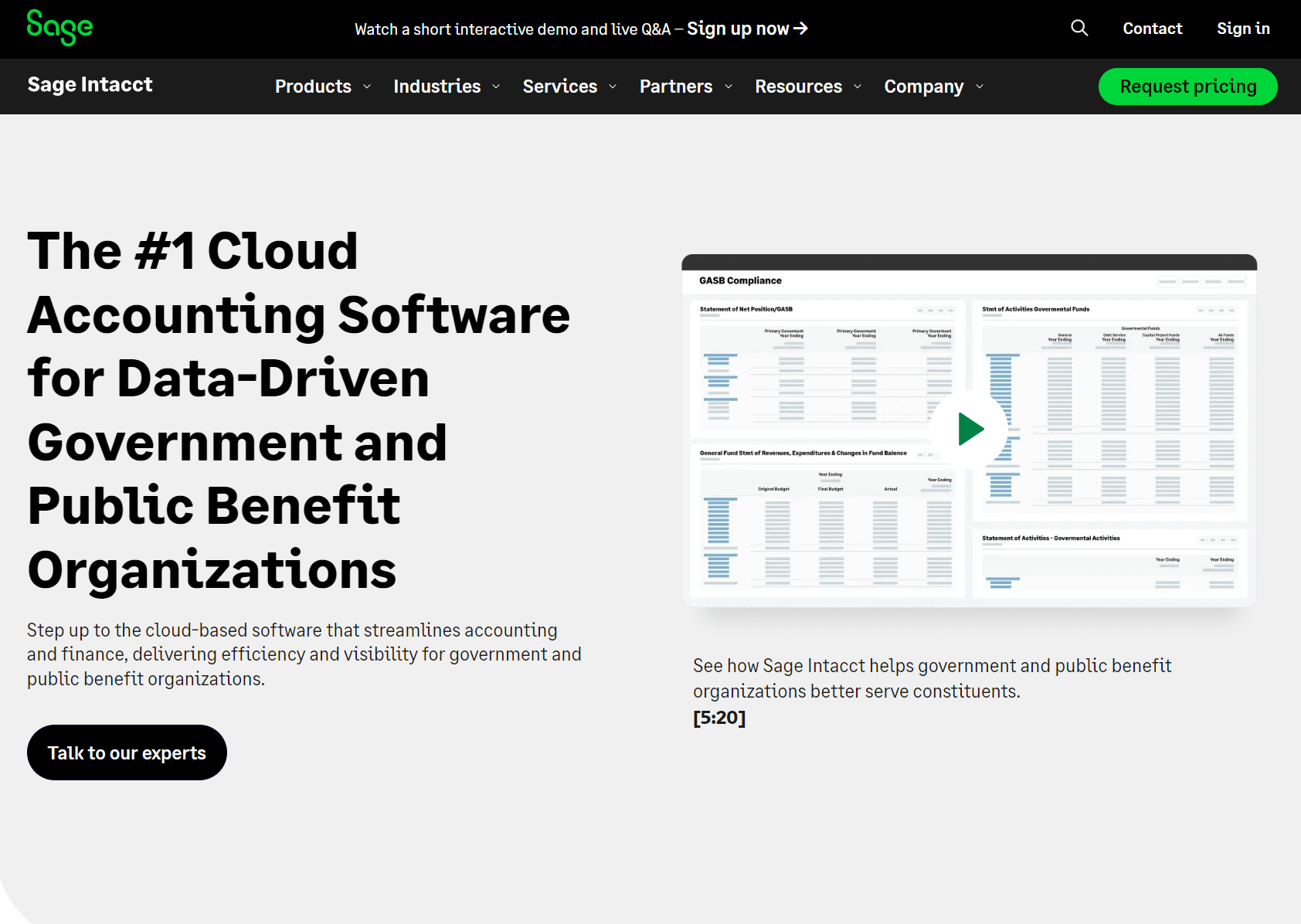
Sage Intacct is a rock-solid financial management and ERP solution for government organizations. We think it’s the best for public sector organizations because of its flexibility, comprehensive fund accounting, and powerful reporting capabilities.
The Best Part:
It offers the most comprehensive fund accounting in the industry. Sage Intacct gives you a clear financial picture in real-time, making tracking funds and grants a breeze.
The Worst Part:
Lengthy implementation process. Sage Intacct may require at least a few weeks to months in order to get fully implemented.
Get it if you want a powerful ERP solution tailored for public sector organizations.
I recommend you take one of Sage Intacct’s free product tours.
(free product tour)
Best For
Sage Intacct is best for public sector organizations that want to streamline financial and accounting management.
Top Features
- Efficient grant management. Invoice funders, manage reports, and renew grants to enjoy complete, real-time visibility of your grants and spending.
- Massive library of native integrations. Sage Intacct integrates with most of your favorite systems and apps, to become the best source of truth for your organization.
- World-class data security. Keep all of your sensitive data in good hands, with Sage Intacct’s secure data infrastructure.
- Robust project accounting. Track your expenses, time, and financial data in one place, to get deeper insight into your transactions and projects.
- Automated workflows and approvals. Cut the red tape and eliminate redundant work with automations for fund, grant, and billing processes.
Pricing
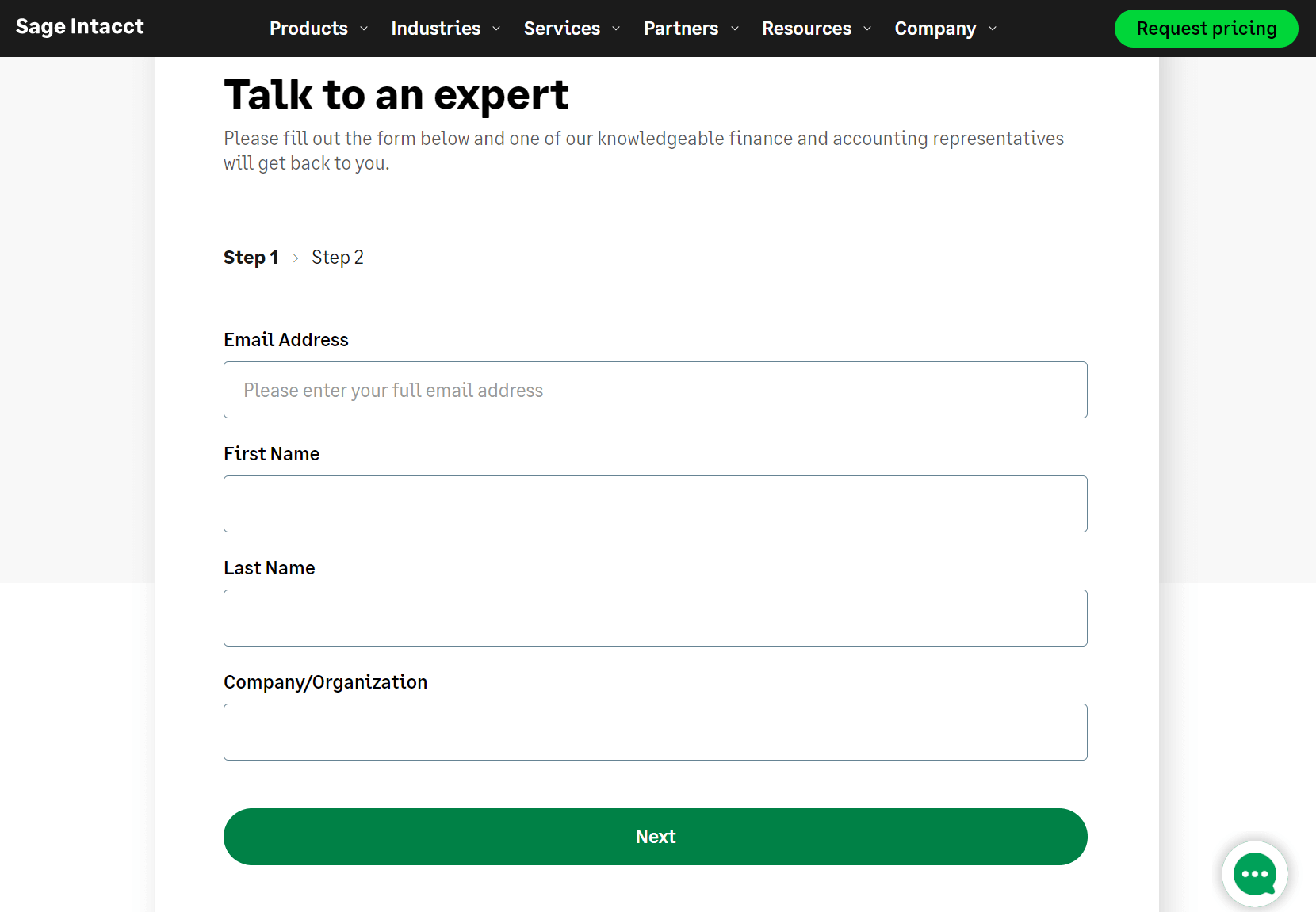
Sage Intacct offers a single pricing plan:
Custom pricing: Yearly plan, for public sector organizations such as fire departments, police forces, and public schools that need a reliable ERP to manage financials, projects, and human resources.
Try Sage Intacct today with a free product tour.
Our Verdict — Best For Government Contractors
Price: Custom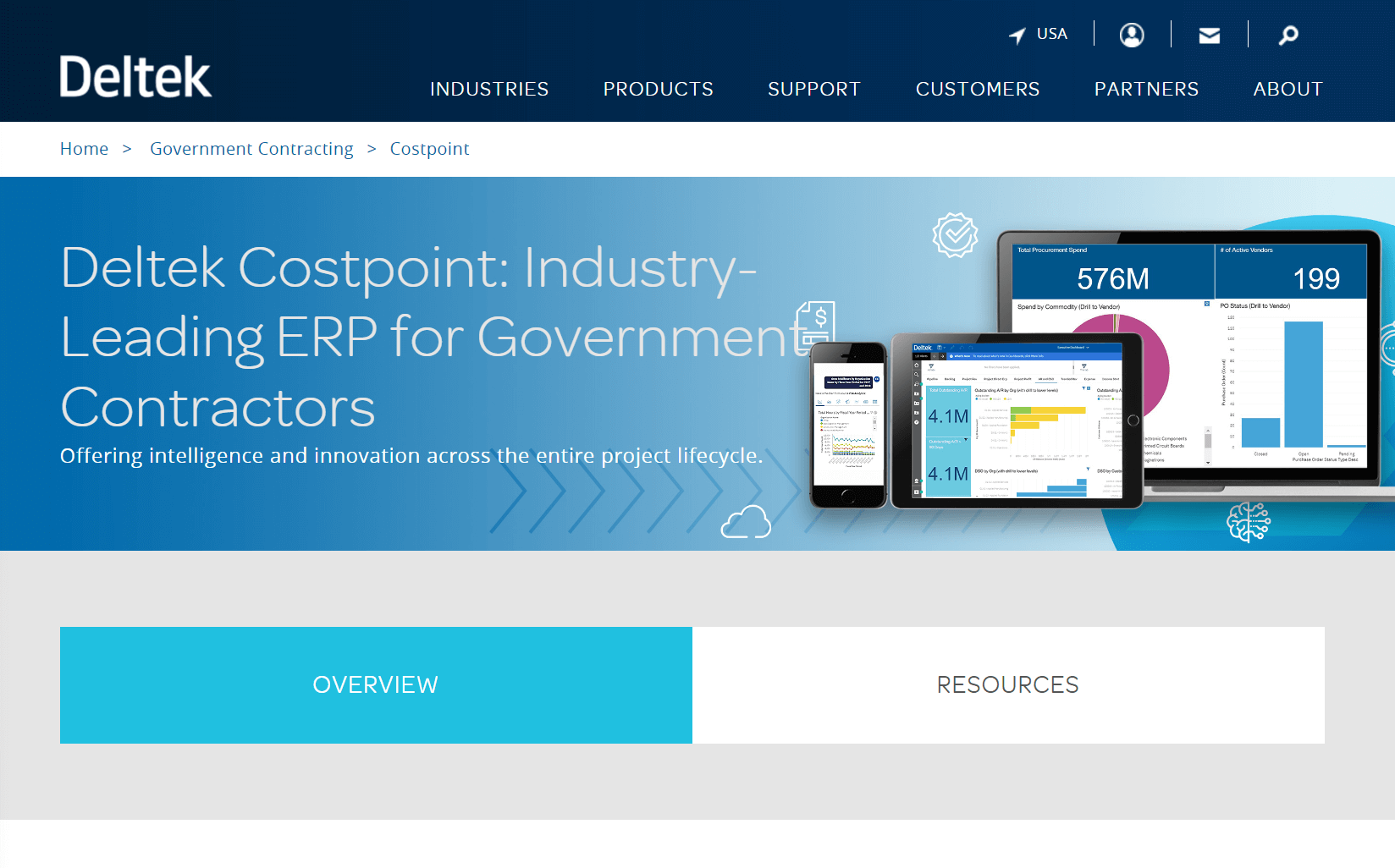
Deltek Costpoint is a comprehensive ERP solution designed for government agencies and contractors. We think it’s the best for government contractors because of its advanced compliance management capabilities, robust project accounting features, and powerful reporting and analytics.
The Best Part:
Streamlined compliance management. Deltek Costpoint makes it easy to stay in line with ever-changing regulations, reducing the risk of penalties for your organization.
The Worst Part:
Limited integrations. Deltek Costpoint lacks more out-of-the-box integrations, making it harder to sync information between tools.
Get it if you want a powerful ERP to keep your government projects on track and stay compliant with regulations without breaking a sweat.
I recommend you start with the free demo.
(free demo)
Best For
Deltek Costpoint is best for government contractors that want a comprehensive solution to easily manage projects, finances, and compliance.
Top Features
- Compliance made easy. Keep Uncle Sam happy with up-to-date compliance procedures for HR, finances, and projects, integrated into your ERP.
- Smart data at your fingertips. Leverage artificial intelligence and real-time reporting to get a bird’s eye view of your finances and projects on a whim.
- Smooth procurement management. Streamline your entire procurement process, from vendor selection to material collection, all while staying compliant with the latest regulations.
- Integrated human capital management (HCM). Streamline and automate your day-to-day HR tasks to easily retain and attract employees — with dedicated tools to process payroll, manage talent, and monitor your workforce.
- Top-notch project accounting. Stay always prepared for DCAA audits with Deltek Costpoint’s integrated accounting and controls.
Pricing
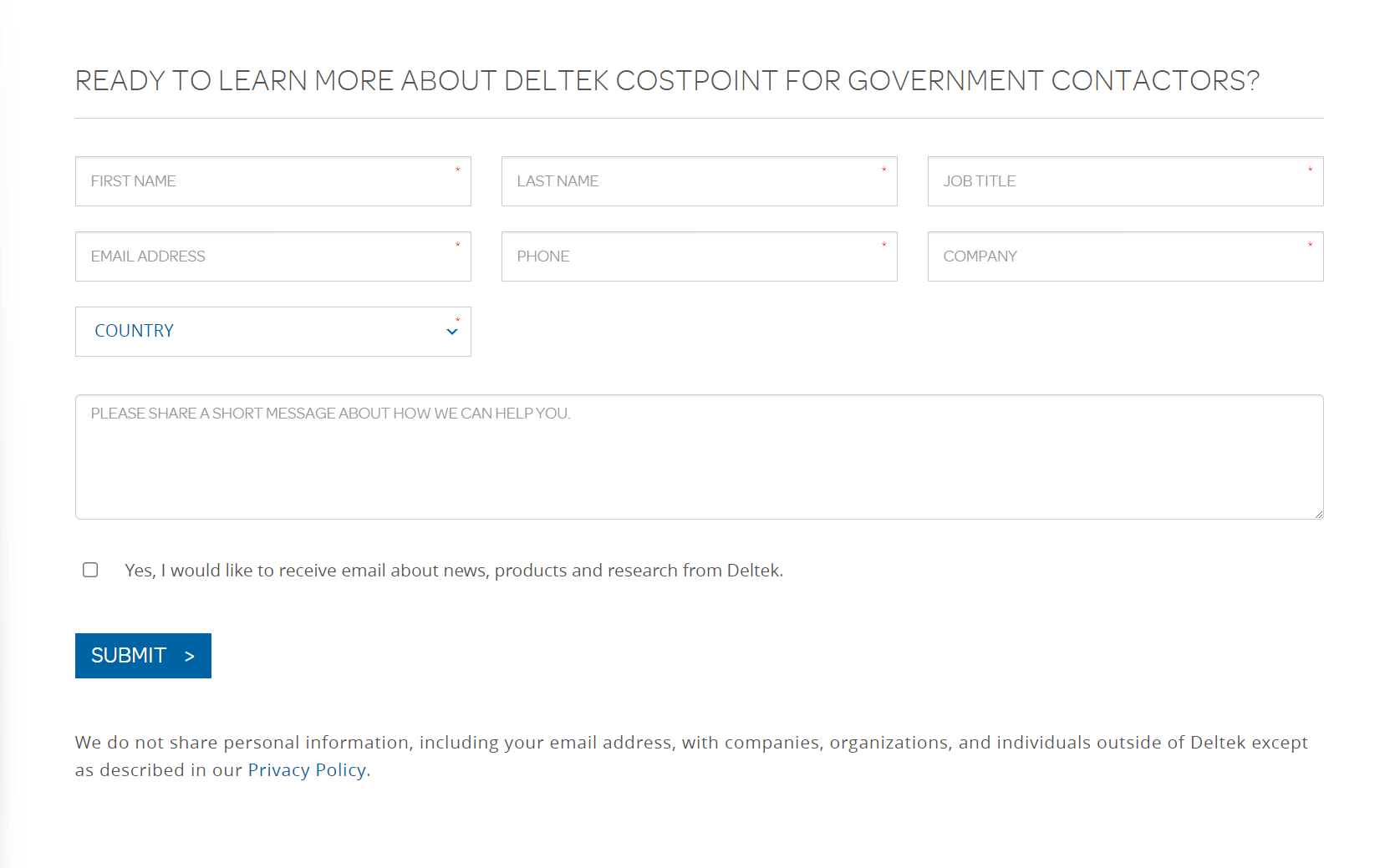
Deltek Costpoint offers a single pricing plan:
Custom pricing: Yearly plan, for government contractors that want a powerful ERP to easily manage project accounting, generate custom reports, and stay compliant with changing regulations.
Try Deltek Costpoint today with a free demo.
Our Top Three Picks
Here’s a quick summary of our top three picks:
- NetSuite — best of the best
- Sage Intacct — for public sector organizations
- Deltek Costpoint — for government contractors
Here’s a quick comparison of our top seven picks:
Tool | Entry Offer | Pricing |
|---|---|---|
NetSuite | Free demo | Custom |
Sage Intacct | Free product tour | Custom |
Deltek Costpoint | Free demo | Custom |
Workday | None | Custom |
SAP S/4HANA | 14-day free trial | Custom |
Unit4 | Free demo | Custom |
Infor | Free preview | Custom |
Here are the top 50 government ERPs we considered in this review:
- NetSuite
- Sage Intacct
- Deltek Costpoint
- Workday
- SAP S/4HANA
- Unit4
- Infor
- Acumatica
- OpenGov
- PeopleSoft
- SAP
- Tyler Technologies
- Unanet
- M1
- Odoo
- Proteus
- ImpactECS
- SAP Business ByDesign
- Inspired Portal
- Multiview ERP
- Alemira
- Panaya
- Kentro
- Katana Manufacturing ERP
- Total ETO
- Kechie
- BLAZE
- Statii
- Adaptive ERP
- YetiForce CRM
- Dolibarr
- Cygen
- iX ERP
- SwilERP
- Plus & Minus
- DigitAll
- BitsSoft ERP
- Microsoft Dynamics 365
- TallyPrime
- ProShop
- Firmao CRM
- 1C:Enterprise
- Tactic
- Kechie
- BuildSmart
- Open Automation Software
- ERPNext
- Procurify
- Omex CSMS
- Omni Accounts
What ERP system does the government use?
Governments use various ERP systems to streamline operations across government institutions, agencies, and entities. Some key features of top government ERPs include financial management solutions, inventory management, revenue management, risk management, and citizen relationship management.
Government workers, officials, and leaders seek ERPs that offer public sector budgeting, governmental accounting compliance, and application security practices. Based on our research, NetSuite, Sage Intacct, and Deltek Costpoint rank as the top three ERP systems for government use, with NetSuite taking the top spot.
What is the number 1 ERP system?
NetSuite is the number one ERP system, widely adopted by government agencies, institutions, and entities. It offers a comprehensive enterprise resource planning system, streamlining financial reporting, payroll management, and expense reporting.
NetSuite helps automate manual processes, such as licensing processes, while providing a single-source solution for government resource management.
Which ERP is the world leader?
The world leader in ERP systems is SAP, with their flagship product, SAP Analytics Cloud, being a popular choice among various levels of government and private sector companies. SAP offers a wide range of features, including financial management, record management, and customer relationship management, catering to the diverse needs of organizations.
Which ERP is used by large companies?
Large companies often use ERP systems such as SAP, Oracle, or Microsoft Dynamics to manage their complex business processes, including premise systems, asset management, and business management strategies.
These systems offer comprehensive solutions, covering everything from inventory to revenue and risk management, allowing companies to streamline operations easily.
What ERP does Amazon use?
Global e-commerce and technology giant Amazon uses a variety of ERP systems and custom-built solutions to manage its operations.
While the exact ERP system they use is proprietary and not public knowledge, it's likely that they employ a mix of industry-leading solutions such as SAP or Oracle, as well as custom-built applications tailored to their specific needs.
What are the three common types of ERPs?
There are three common types of ERPs being used by governments and companies:
- Cloud-based ERP — Cloud-based ERP systems are hosted on a cloud server and accessed through a web browser. They provide a flexible and scalable solution that can be easily upgraded as the organization grows. The primary advantage of a cloud-based ERP is that it allows businesses to access real-time data and analytics from anywhere with an internet connection, without the need for on-premises hardware or software. This type of ERP is particularly beneficial for small to medium-sized businesses, as it generally has lower upfront costs and reduces the need for in-house IT resources.
- On-premise ERP — On-premise ERP systems are installed locally on a company's servers and managed by their internal IT staff. These systems typically offer more customization options and tighter control over data security since the data is stored within the company's own infrastructure. However, on-premise ERPs often have higher upfront costs, require more maintenance, and may not offer the same level of scalability as cloud-based ERPs. Larger enterprises with specific customization needs or stringent data security requirements may prefer on-premise ERP solutions.
- Hybrid ERP — Hybrid ERP systems combine the benefits of cloud-based and on-premise ERPs by integrating them into a single solution. This approach allows businesses to take advantage of the scalability and accessibility of cloud-based ERPs while maintaining the customization and control offered by on-premise solutions. Hybrid ERPs can be particularly useful for organizations with complex requirements or those undergoing a digital transformation.
Why is SAP better than Oracle?
It is not universally accurate to claim that SAP is better than Oracle or vice versa, as both ERP solutions have their unique strengths and cater to different organizational needs. However, there are two aspects in which SAP may outshine Oracle:
Industry-specific solutions: SAP offers a wider range of industry-specific solutions, which can better cater to the unique needs of different sectors. This allows organizations to implement a more tailored ERP system that aligns with their specific requirements.
Integration capabilities: SAP is often considered to have stronger integration capabilities with various third-party applications and systems, which can simplify connecting different business processes and workflows.
Which ERP is used by Coca-Cola?
As a global company with a complex supply chain and diverse business operations, Coca-Cola has implemented various ERP systems to cater to its specific needs over the years. One of the primary ERP systems used by Coca-Cola is SAP, which offers a comprehensive suite of applications and modules that cover various aspects of the company's operations, including financial management, supply chain management, and customer relationship management.
The Bottom Line
To recap, here are the best government ERPs to try this year:
- NetSuite — best of the best
- Sage Intacct — for public sector organizations
- Deltek Costpoint — for government contractors
- Workday — for human capital management
- SAP S/4HANA — for large government agencies
- Unit4 — best for nonprofits
- Infor — best for accounting
